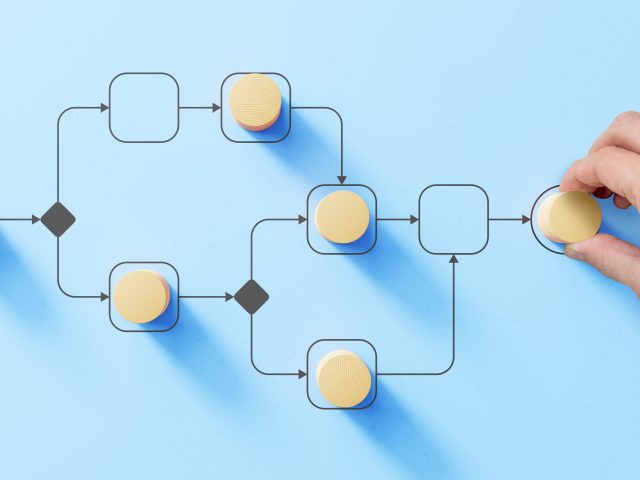
Imagine that I offer you a medication with these proven benefits. It
- enhances memory, concentration, and creativity
- reduces blood pressure and strengthens the immune system
- boosts athletic performance and muscle recovery
- reduces stress, anxiety, and depression
- fosters emotional self-regulation
- might even lower hormone-based cancer risk
This medication is free. When used as directed, it has no harmful side effects. The only catch? You need an 8 or 9 hour dose to get the full benefit.
Given all its obvious benefits, sleep feels like free money, or a puppy you don’t have to train or walk–it’s altogether too perfect. And yet, students walk past the cash and the romping fluffball on their way to all-nighters and the zombie haze of morning.
What can we do to persuade folks to hit the sheets?
Beyond the Nike Approach
If this blog were a sneaker ad, I could say “just DO it. Stop all the excuses and get sleeping.”
In my experience as a high-school teacher, the more common approach is to explain all sleep’s benefits. “You will learn more!” we teachers cry. “You’ll be better at sports! You’ll have less acne!” (Believe it or not, there’s an indirect connection between sleep and acne, via cortisol levels.)
Since high schools first began, teachers have hoped that telling our students about sleep’s benefits will inspire them to hit the hay. That list at the beginning of this blog post should be a winner. Alas, since high schools first began, these exhortations almost never work. Adolescents being adolescent, mere information about sleep’s chocolatey goodness doesn’t actually change their behavior.
What’s a caring adult to do?
One strategy to help people accomplish difficult goals has gotten attention from researchers in recent years.
Students go through some variation of this process:
- Step 1: Anticipate the problems that might make it hard for me to achieve my goal.
- Step 2: Brainstorm the best solution for each problem.
- Step 3: Make a commitment: “I pledge that, when I encounter problem X, then I will enact solution Z.”
Because of this structure, we might call such commitments “when-then pledges.” Essentially, all this pre-planning reduces mental friction. When I run into a predictable problem, I don’t even need to think about what to do next. I’ve already pledged to undertake a particular solution–and I do so. (If you’re curious to read more about research into “when-then pledges,” you can check out this blog post.)
A research team recently asked this question: could we use when-then pledges to help college students get more sleep?
Yes (but Not Exactly)
Researchers Barley and Scullin ran the sort of study we like here on this blog: enough participants to be meaningful, an active control group, sensible data collection, modest claims, and so forth.

The simple version: one group of premed college students reviewed an online sleep-education program. A second group did that same program, combined with a modified “when-then pledge” process. (“When it gets to be 11:00 pm, then I will turn my phone off and go to bed.”)
The results give us initial reason to hope. Students in the when-then pledge group went to sleep a little earlier (about 20 minutes), and got a little more sleep (about 15 minutes). And–here’s the part that gets my attention–these changes lasted. Even eight months later, students reported that they got to bed earlier.
At our most optimistic, we can say that Barley and Scullin have found a way to change students’ sleep behavior patterns–and that these changes endure.
At the same time, we do have to acknowledge the limits of these findings.
Limit #1: the researchers kept track of only sleep and grades — not all those other variables that might interest us. We don’t know if the students in the when-then-pledge group experienced less anxiety or had fewer colds than students in the control group.
Limit #2: I said just now that the researchers kept track of the students’ grades. Turns out: the GPA of the night-owls in the pledge group went DOWN slightly during the first term: averaging a 3.4 rather than a 3.6. That dip isn’t much, but if I’m in a premed program, every decimal place counts. (BTW: GPA remained unchanged for the morning types in the pledge group.)
It’s important to note that the GPA went back UP again in the second term–so the slight detriment didn’t last. But I for one was hoping for–even expecting–a benefit. The absence of harm is good news, but not home-run news.
Plausible Hypotheses
Here’s the optimist’s case to be enthusiastic about this study. Barley and Scullin have found initial evidence that we can influence students’ sleep behavior with when-then pledges. Once we work out all the kinks in the process, and start it much earlier in students’ academic careers, we should see all the benefits that other sleep researchers have found: grades and physical health and mental health. (And, heck: less acne.)
This research doesn’t guarantee that those benefits will come. But it does make that hypothesis plausible…and this hope will help me sleep better.
Two quick postscripts:
- I’ve written about Dr. Michael Scullin’s research several times on the blog. You can check out other posts here, here, and here.
- I’ve used the phrase “when-then pledge” in this blog post. I should admit that I made that phrase up. The technical psychology term is “implementation intentions.” I confess: I think that–in a discipline famous for its vague and awkward terminology–“implementation intentions” is even more vague and awkward than usual. “When-then pledge” has the benefit of saying bluntly what it means. Perhaps it will catch on.
Barley, B. K., & Scullin, M. K. (2025). Reinforcing sleep education with behavioral change strategies: intervention effects on sleep timing, sleep duration, and academic performance. Journal of Clinical Sleep Medicine, jcsm-11780.





